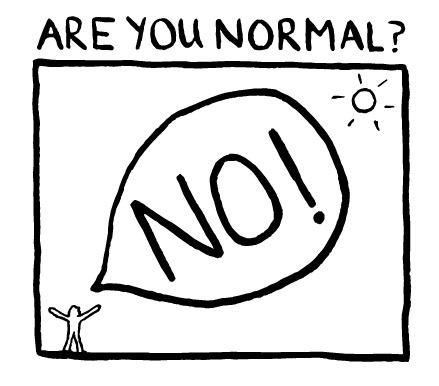One of the challenges of new year is more often or not the question of 'what shall I do on new years eve?' I try not to think about this question too early as it preoccupies me and I worry I'd make the wrong choice. The answer to this question has led me to a variety of different new year things with different people. I think the last time I didn't enjoy new year was when I had a horrible headache and went to bed at 10 missing celebrating the new year with my then boyfriend and his parents.
This year I thought about spending new year on my own - just to see if it was ok. I thought about watching my new Miranda DVDs and possibly being really counter cultural and going to bed early. I'm not though, as it feels right to be with people at new year and I am spending it with people who I love a lot.
One of the best things about the time around Christmas and New Year is time people take to just be with people. For me it is my family who have unspoken traditions of gathering for boxing day tea and going for a walk in the worst weather possible (this year we did it on the day of the storms - amber weather warning - let's walk). Community is important, yet as a single person I am very aware of how easy it is for people to get left isolated where everyone else around you is doing what they want to do. To do what I want to do I sometimes feel like I am invading the space of others.
Today I read a newly released book I saw on Twitter called 'Cancer and Theology' edited by Jake Bouma and Erik Ullestad. It's a collection of essays exploring what Christian faith has to say about cancer. It struck me in reading it how important community is. For a number of the writers what was important in their experiences and in the experiences of those around them was the community of people who stood with them. Those who didn't just walk away and offer to pray, but asked them what they needed prayer for. Those who didn't just offer to help, but turned up with hot food at the right time. Those who didn't just want to sympathise but who wanted to talk about normal stuff too. Those who didn't say it'll be ok, but acknowledged that cancer is rubbish and sat through the rubbishness with them.
Life changes, illness, being different and looked over can isolate us from community. Our fear of 'the other' means we sometimes unthinkingly isolate those who need to be welcomed. Our fear of being annoying or rejected means we isolate ourselves from being welcomed. We can't fix everyones problems by making them like us but we can stand with them on their journey and also seek out others to ride the waves with us.
The challenge is to seek out community and not walk away from those who can stand with us. The challenge is to face the fact we might not always get it right, but accept one another even when we don't. The challenge is that people are sometimes weird and difficult - but that's ok. The challenge is to look, listen and simply be. The challenge is to fully embrace the idea that every person within a community is made in the image of God.
















